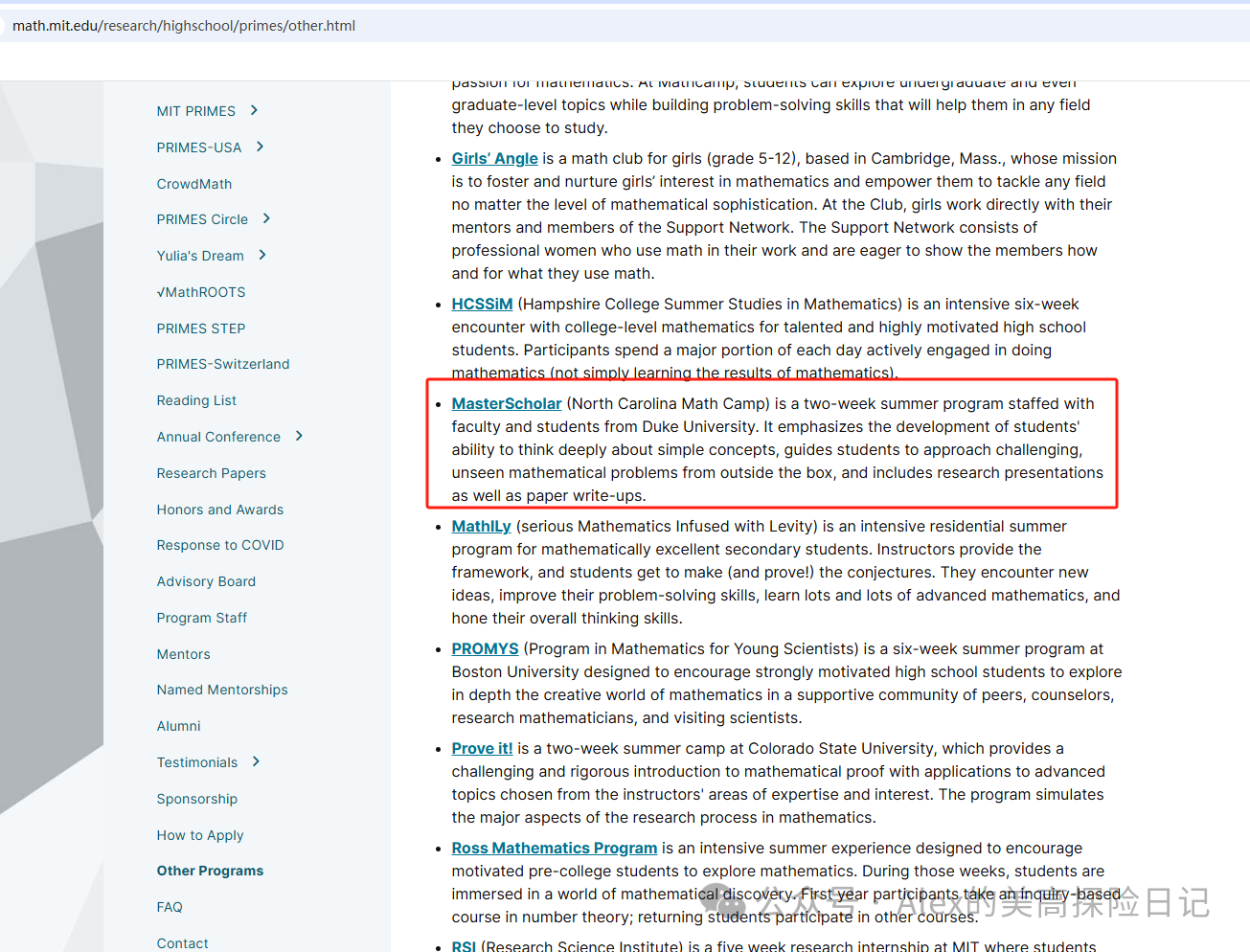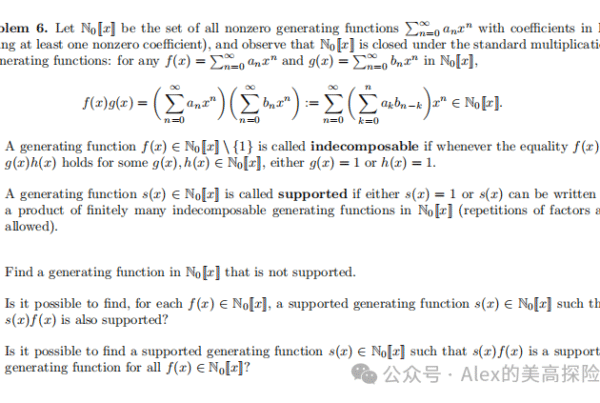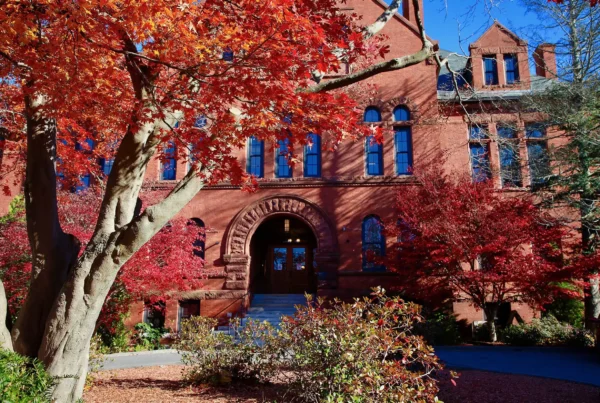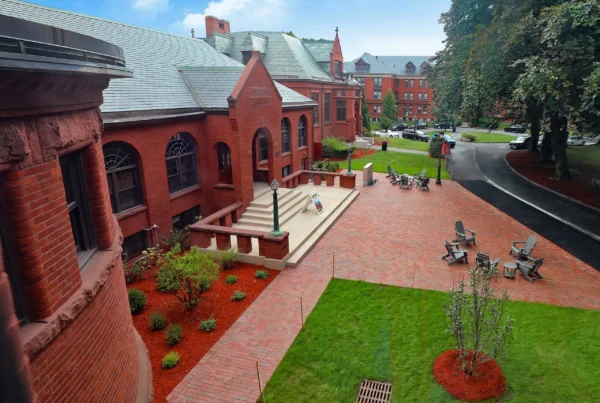”There is no such thing as a leap to the top in one step, just as no one is born able to get into Harvard…
Alex
In order to apply to Harvard, Yale, Princeton, Stanford, MIT, or more specifically, to apply for MIT’s PRIMES program,I did a lot of research in advance. (Because I was afraid that I wouldn’t get accepted, so I wanted to lay a solid foundation first. I’m also very grateful to my teachers who helped me collect a lot of materials for research.)
Here, I’d like to share the process and mindset behind my summer program applications and choices during my freshman year (Grade 9)
Trying the Most Valuable Programs of Each Stage — From Easy to Hard
MIT’s official website introduces many STEM camps worth participating in. Among them, PRIMES also introduces math-related programs for elementary, middle, and high school levels that are recognized across the country.
So I clicked into each program’s website and read through them one by one, analyzing them based on value (prestige), scale, admission requirements, and past admission difficulty to find programs that were suitable for a 9th grader to apply for.

Relevant link:
https://math.mit.edu/research/highschool/primes/other.html
We can see 12 programs. The following is my plain understanding and subjective ratings:
PROMYS, ROSS, SUMaC
The famous “three major math camps”
- Value: 4.5★
- Admission Difficulty: 4.5★
RSI
MIT’s famous research program
(Actually only open to 11th graders, probably listed here conveniently)
- Value: 5★
- Admission Difficulty: 5★
(This program is very strong and very hard to get into, only 1–2 students from mainland China each year)
MathILY
Hosted by Bryn Mawr College, in Pennsylvania.
- Value: 4★
- Admission Difficulty: 4★
(Close to the top three camps)
APEX-Maths
Located in Romania
I have no understanding of this one.Romania is in Southeast Europe~
Canada/USA Mathcamp
Held in Canada
- Value: 4/5★
- Admission Difficulty: 4/5★
(Close to the top three math camps, this one is also very strong!)
Girls’ Angle
Mainly for girls, in Massachusetts
(America has many programs aimed at minorities and women, like MIT’s WTP Women’s Technology Program)
Prove it!
Colorado State University summer camp
- Value: 4/5★
- Admission Difficulty: 4/5★
(This program values competition background a lot)
Yau Mathcamp
A Chinese program
- Value: 4/5★
- Admission Difficulty: 5★
(This program is hosted by Fudan University, recruits 150 students every year. Although the number is large, there are too many geniuses in China. It is super competitive!)
Overall, aside from geographic mismatch, many of these programs were still very challenging for a 9th grader like me . The written exams were hard and the competition was intensive.
And since I was applying at the last minute and my preparation wasn’t sufficient, I turned my focus to the following two programs:
- MasterScholar (North Carolina Math Camp)
- Value: 3.5/5★
- Admission Difficulty: 3.5/5★
- HCSSiM (Hampshire College Summer Studies in Mathematics)
- Value: 3.5/5★
- Admission Difficulty: 3.5/5★
These two programs were relatively easier to get into. Though not as well-known as the others, they are still excellent summer programs.
Note!! The ratings above are entirely subjective, not official data!!
Besides, both of these programs were mainly lecture-based + exploratory in research, so they were good foundational programs for a 9th grader like me.
Worth mentioning: These two programs had relatively basic open-ended questions during the application process.
NCMC required the following standard materials:
Transcript, TOEFL (95) or IELTS (7), recommendation letters, personal statement.
The application was relatively light. There were two sessions from July to early August, each lasting two weeks. The application deadline was April 30.
Final result: I was accepted to Duke’s NCMC and denied by HCSSiM.
The main reason was that I prepared in a rush during 9th grade, didn’t understand much about the process beforehand, had no SAT, no competitions, no APs. I applied purely based on school math grades. This result was already a miracle.
So, if you have a solid background, you can definitely go for it — just do it!
From another angle, this also shows that these programs are not out of reach.
MIT’s website has many recommended programs across mathematics, computer science, biology, physics, and more.
At that time, my counselor and I compiled a list of over 30 programs. If anyone’s interested, we can discuss them together next time!
Talking About My NCMC Experience — An Awakening, A Beginning, A Foundation
The student quality at NCMC was quite high. There were many strong students from US high schools as well as from Chinese high schools.
When I was in 9th grade, I was still quite inexperienced. Being surrounded by so many brilliant people at once, I felt inferior right away.
Unlike regular schools, good summer programs gather all the excellent students together. As a result, you face greater competition, more pressure, but also broader horizons and better platforms.
Under such circumstance, I learned a very important lesson: “Don’t overvalue your own broom but instead, take initiative to show yourself.”
First Week: The difficulty of the course + new environment caught me off guard.
The Week 1 course: “From Number Theory and Special Relativity to Game Theory” Included linear algebra, quaternions, group theory, RSA algorithm, differential geometry and topology, Lie groups, etc. It was a bit overwhelming for me at the time.
Second Week: Applications of math in economics
In Week 2, I completed a project using group theory to solve the Rubik’s Cube. I modeled and analyzed the cube’s rotations using the concept of groups.
This also marked the starting point of my research experience.
Anyway! I was somewhat frustrated during Week 1 and felt that my abilities weren’t enough to face the challenges.
But gradually, I met more people and listened carefully in class and I realized that capabilities do improve over time.
I did two research projects during the 9th grade summer, and found that both my research and math skills had improved. At least for PRIMES problems I couldn’t understand before, I started to see new ideas.
Most importantly, communicating with top talents, because we weren’t just competitors but also like-minded friends. In the process of interacting, I could also understand how other gifted students plan their lives and future strategies. At camp, I truly met many brilliant students from all over the world. We connected, learned from each other, and made progress together. The learning atmosphere was amazing!
Week 2 of NCMC, for me, was an awakening, a beginning, a foundation.
Bonus Gains Outside of Learning~
How did I ease my pressure in the first week?
Played basketball, of course! North Carolina has a really great environment~ hehe

I even got an award for playing well on basketball: “Most Likely to Become a Professional Athlete”! It was such a vibrant community — definitely an unexpected reward~

Look at this photo, the cultural heritage of a top university, just walking inside felt like I was absorbing knowledge.
Campus photos


Group collaboration + activities


A really good learning atmosphere, and a very fun campus community!
I also recommend that students like me, who are interested in math and science, definitely come and experience it!




